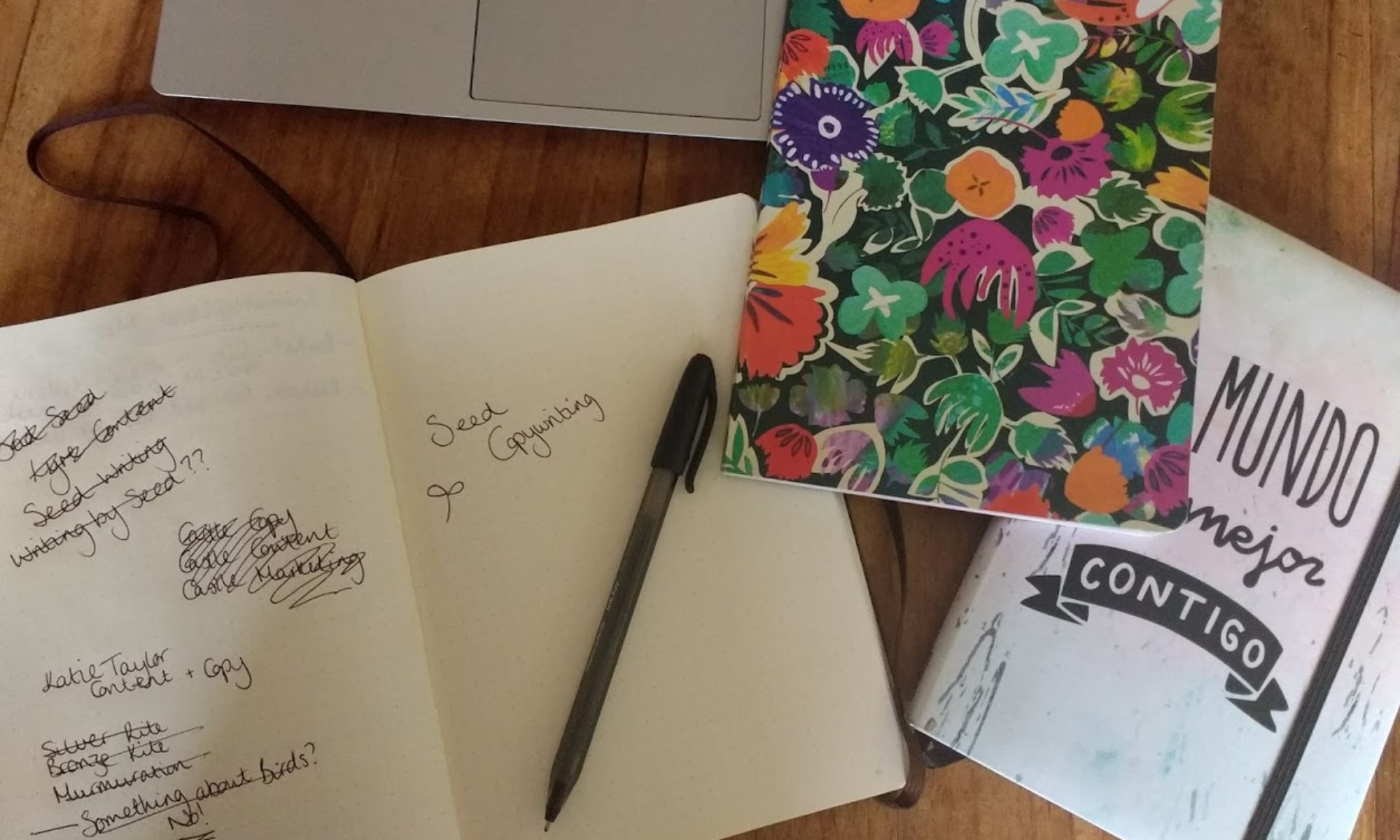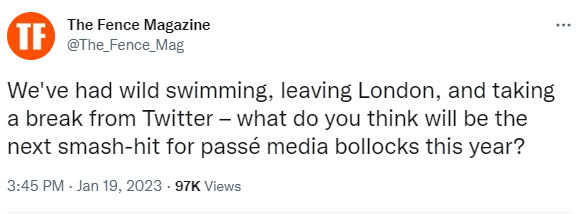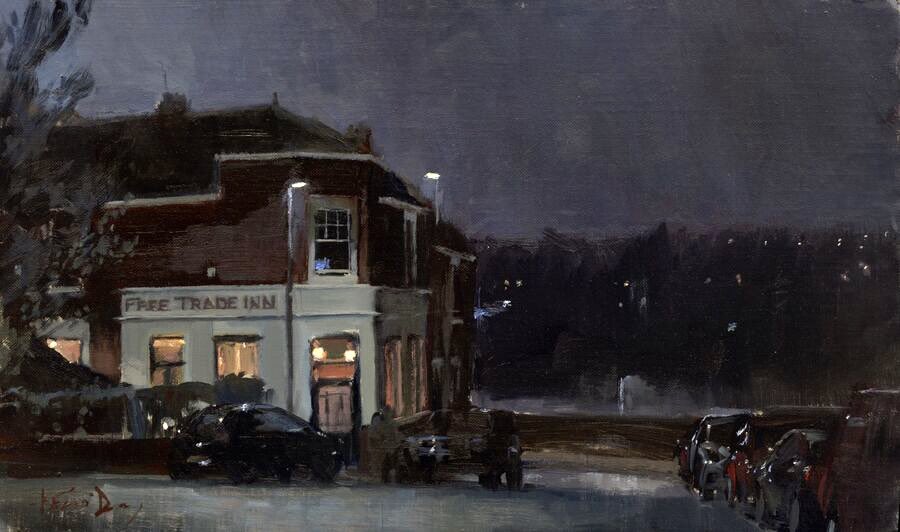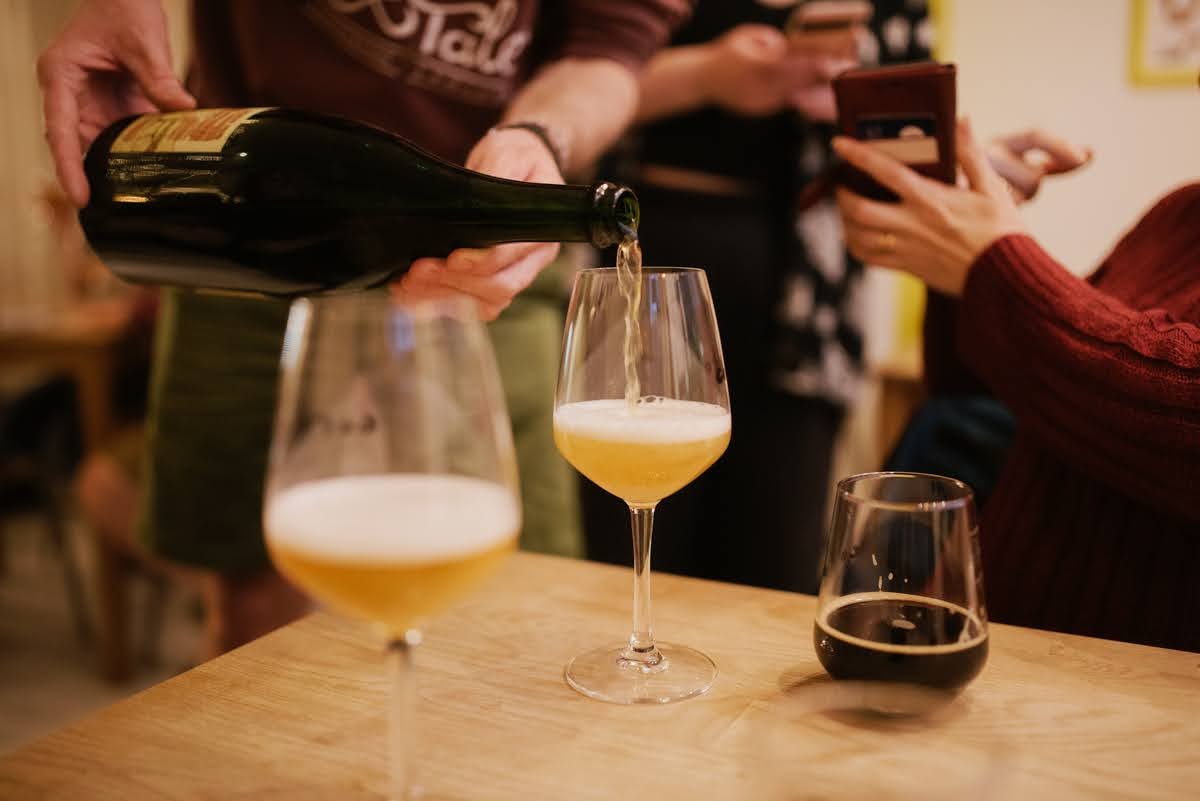A week spent with a Jan Mankes painting
One of the things I use Instagram for is looking at art. It always makes me feel good when I find new seams of art running through the deep, black pits of social media—as though there are people still out there trying to use it to share things they really care about. You can’t really monetise the work of dead artists, especially the famous ones. It’s not content. All you can do it post it and say, “Look at this. I like it. It says something to me,” and wait for someone with the copyright to request that it gets taken down. There’s nothing in it for you other than the joy of sharing. I respect that.
Last week I stumbled across a painting that I ended up coming back to over and over again.
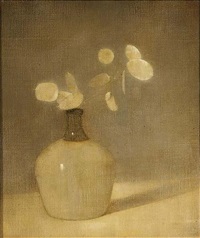
Honesty in a Japanese Vase by Jan Mankes
The way the light is captured by the artist in the top right pennies of honesty now lives in the front of my brain forever; so real, softly glowing with reflected light. Moonlike. The stone-earth colours of the painting feels clean, but not warm, like an old but well-scrubbed farmhouse sitting room. It must have been painted in his home—that’s what I think, anyway. I can feel the familiarity, so second-nature that no details are included. No marks on the wall, no pattern on the table. His mind fills in the gaps, just as mine do.
Jan Mankes was a young painter from Meppel in the Netherlands. As a Dutch painter in the late 19th century, he would normally have been expected to move to a more sociable city after completing his studies, but he seemed to prefer the quiet of the countryside. And anyway, he communicated just fine with his contemporaries by post, and had plenty of artistic, creative and philosophical stimulation at home. He and his wife were progressives, and she, Anne Zernike, a theologian interested in Taoism, Christian Socialism, pacifism and vegetarianism, became the first female minister (with a doctorate too, no less) in Holland.
He died in 1920 aged 30 from TB. I learned that his paintings stir a debate among fans of Dutch Realism, of which school he considered to belong, due to their often imaginary aspects. Mankes preferred to sketch and re-sketch his subjects multiple times to commit them to memory, and then complete his works separately. This, to many, is not true realism.
Looking at Honesty in a Japanese Vase, or his self portraits which I find eerie and fascinating, I would argue that by painting this way shows exactly how he saw the world—painting with feeling as well as with accuracy and skill. By painting from memory, and with his glazing technique to create a dreamlike luminescence-effect, he was painting his reality. And this week, I have enjoyed living there.
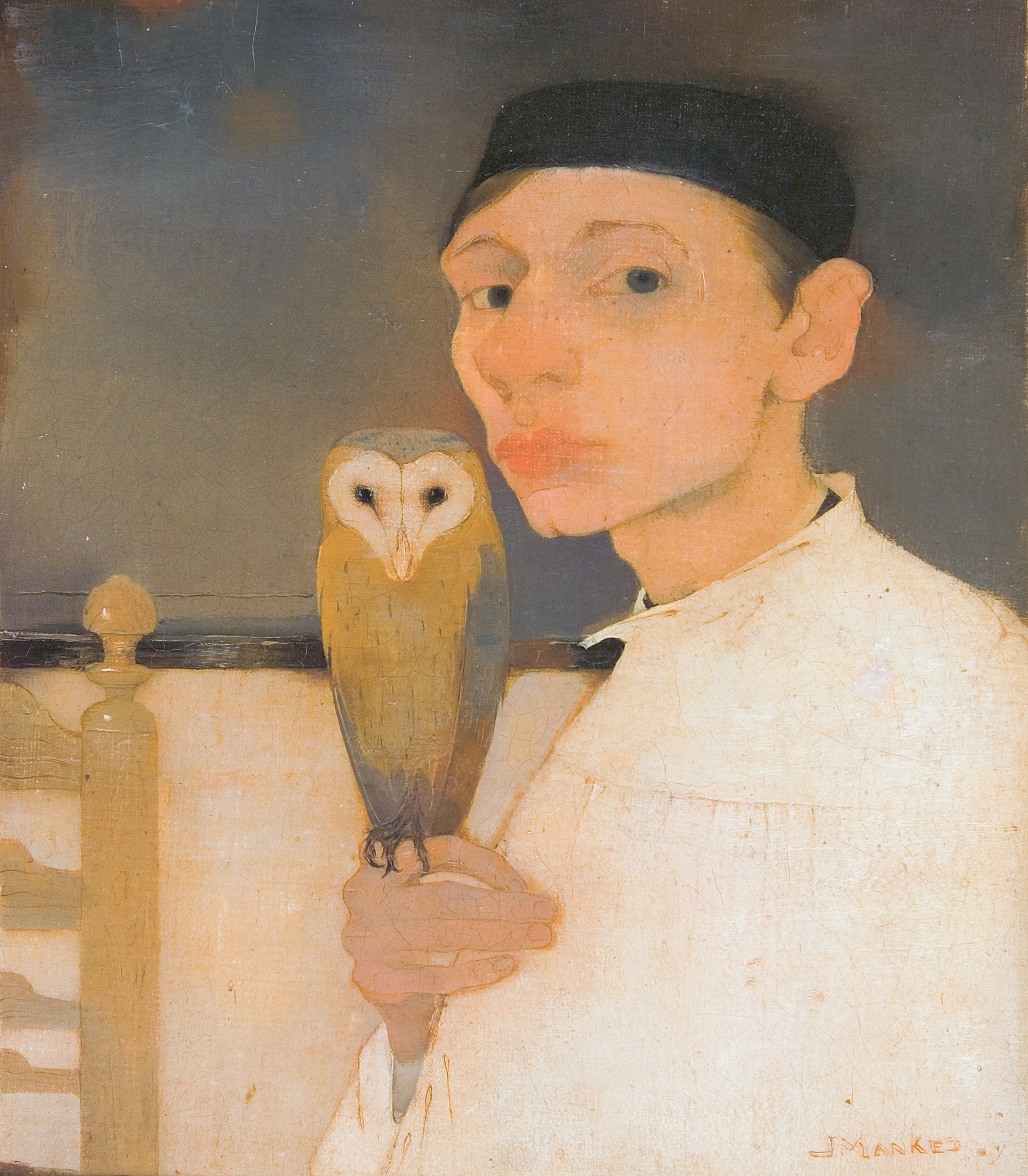
“A truly miraculous animal, in shape, hues and character; all together an idyll.” — Jan Mankes on his owl, a gift from his patron Pauwels, a merchant.
Other Stuff
For the New Yorker, Becca Rothfield writes about Franz Kafka’s diaries and the insight they may give us to him as a living, breathing person. Well worth your time, especially for this line: “…writing was not an intellectual exercise for Kafka; it was a somatic shiver.”
You’ve almost definitely read this already, but in case you haven’t—Rachel Hendry on Scampi Fries, a British pub treat with a fascinating history. Packed with personal touches. You’ll like it.
Food tattoos and what they mean to their wearers, from Vittles.
It was the Lunar New Year this week! Celebrate by making boiled egg rabbits.
The politics of nature writing, by Richard Smyth for Verso.
Beer and Picasso, beer and art, Zinnebir and satisfaction—fascinating ideas by Eoghan Walsh. “…decoding paintings makes me feel smart. And decoding beers makes me feel dumb.” Same, mate.
My Stuff
Last week my piece on lime and lemonade drinking in some of my favourite Manchester pubs was published by Pellicle
I’ve got tons of stuff commissioned but am still open to fun ideas. If you want to work with me on something food, drink or pub (or motorbike) related, get in touch.
